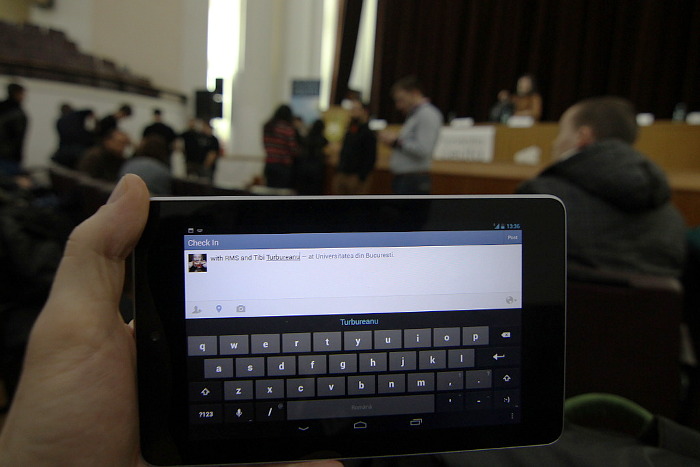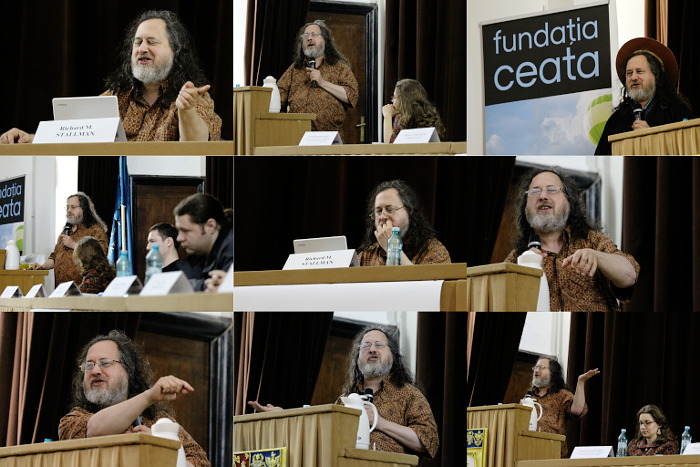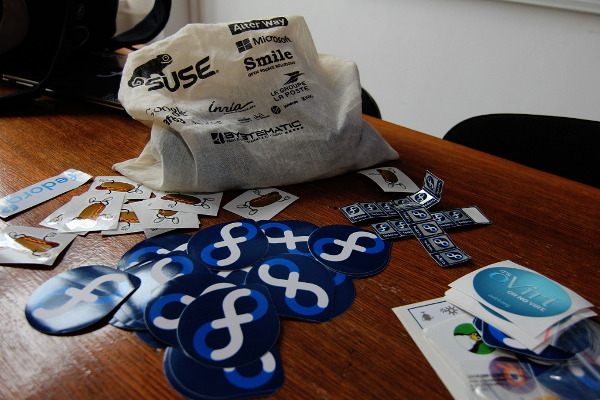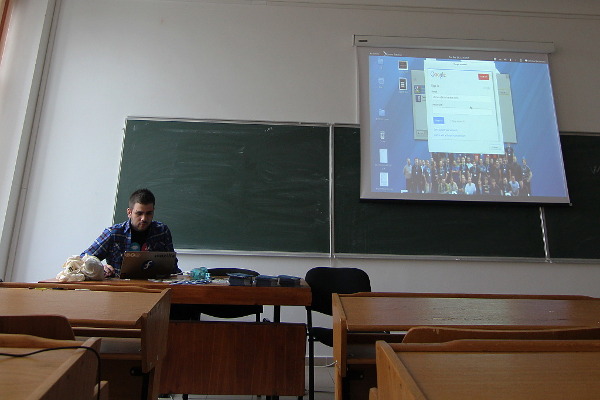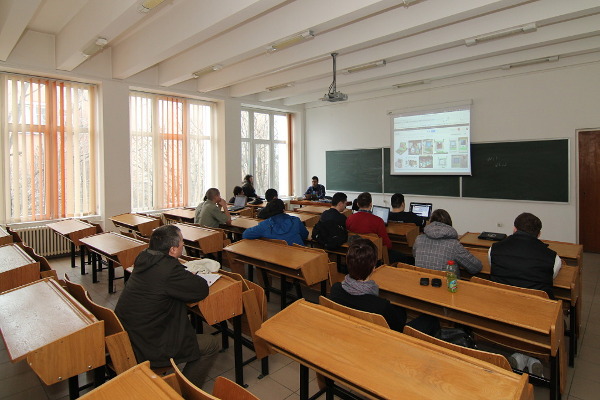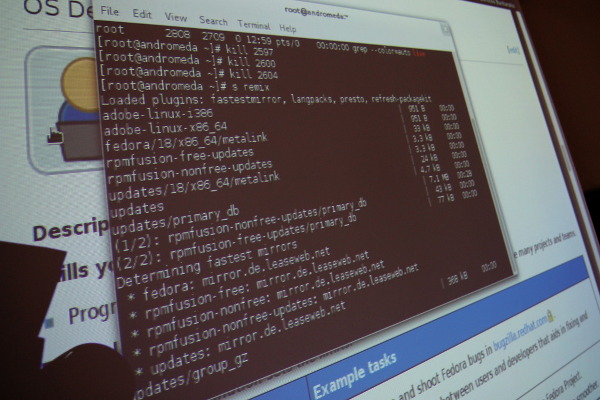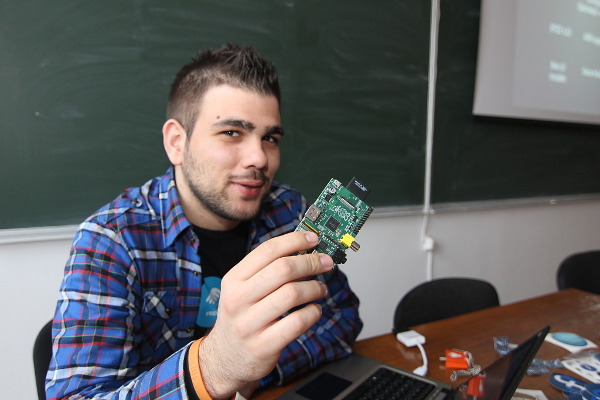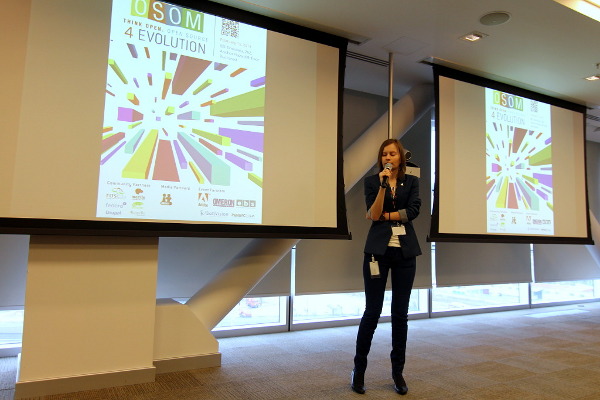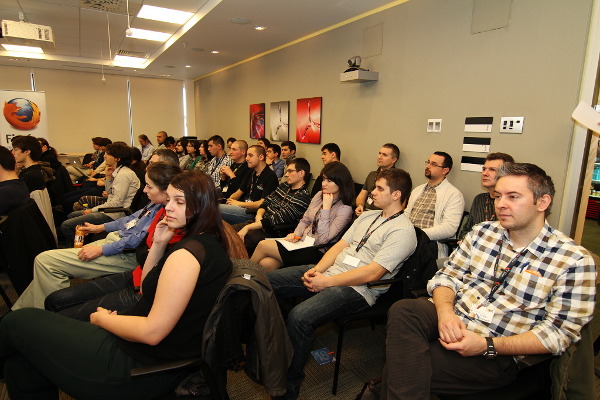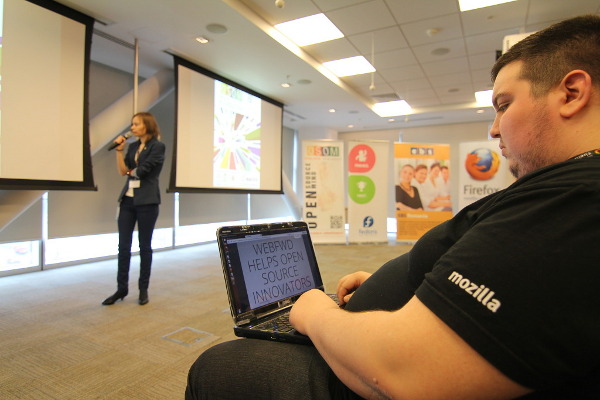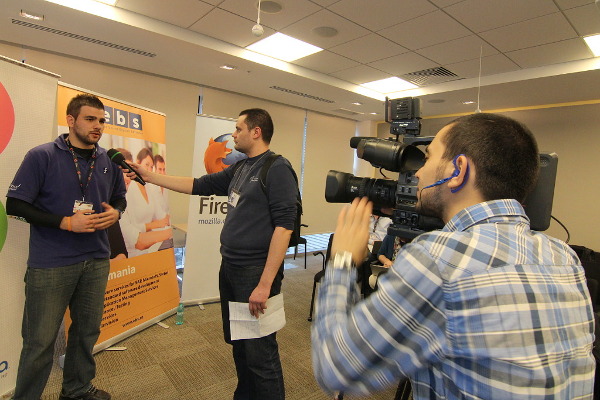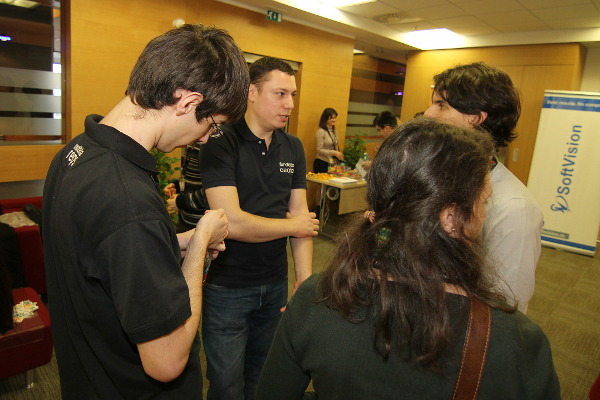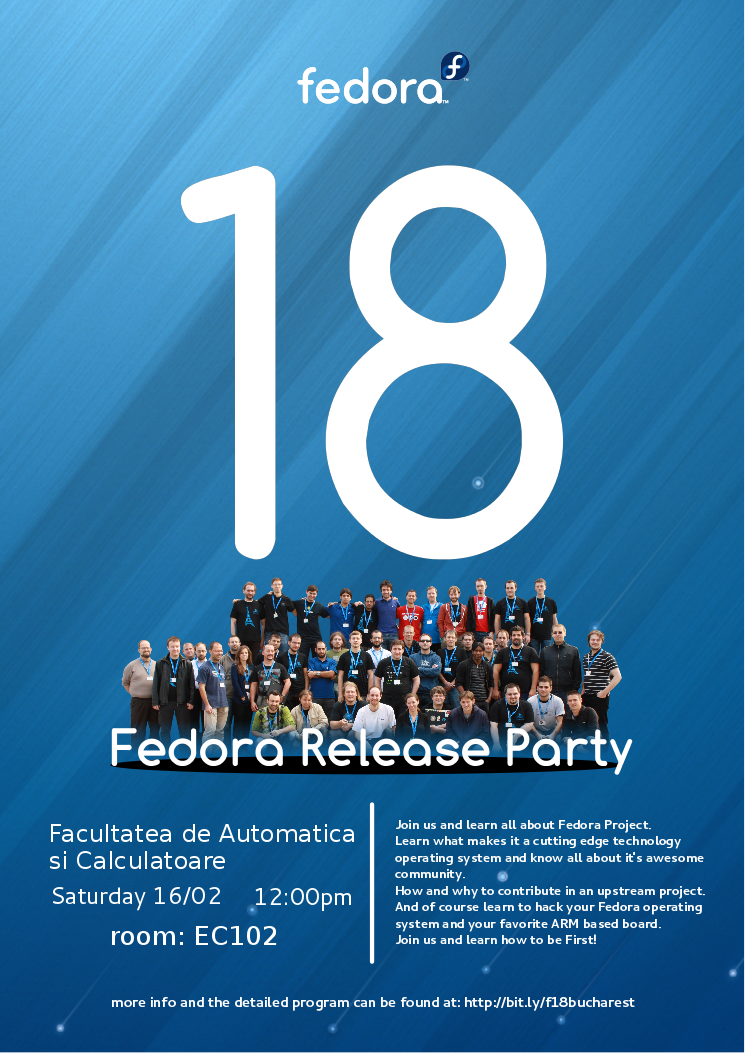How to shoot yourself in the foot: a story on Free Software activism
I wrote a few words last week when Richard Stallman visited Romania and delivered a talk, then he was invited at the official launch of a local organization, Ceata Foundation (it is actually older, but until now it was an informal group which recently was registered officially), which is crafted very much upon RMS style: Free Software supporters but to the extreme, burning bridges with other local groups (for example harassing fedoraproject.ro contributors).
Time for a disclaimer: I worked for a couple of years with Ceata on various projects and even had some formal position inside, but left in the summer of 2011 entirely for personal reasons, it was NOT due to differences in our views on FOSS or leadership (which were plenty), I could easily handle that part. It was my private life. So yes, I have inside knowledge and could be suspected to hold a grudge, put I promise is not the case.
So, back to the point, Ceata managed a very powerful image move by bringing the most important guest for their core audience. And they scored a second image move: to get RMS to do an interview at a local TV channel, Nasul TV. It is a very small TV channel (I don't have them on cable, only few cable companies carry them) but is still a TV channel. Ceata put a set of requirements, which were accepted. The interview was broadcasted and is almost one hour long.
Do not have any bias, just watch the interview, after a very short introduction in Romanian, it is English with Romanian subtitles. I admit of watching only about 5 minutes, I know well the topic and I am just after attending in person one RMS talk, but for those who didn't, there is a lot of insight.
So far everything was positive, let's move to the "shoot in the foot" part: after the interview, Ceata is unhappy. They have a problem with the video format, they requested the WebM format to be used exclusively, but it was MP4 inside a Flash player. After talks, a link to the WebM version was added. Also there is an issue with Facebook page for the show being mentioned near the end of the interview, Ceata requested that part to be cut to no success. Then they have issues with the translation, things like the Romanian words used to translate "proprietary" or "non-free". And the big issue is with the license, the video recording was released as CC-BY-NC-ND, while the television does not understand the issue with NC (and imagine someone will sell their work for a profit), Ceata has a problem with the ND part: they can't replace the translation and can't censor the Facebook part (note: RMS himself uses CC-BY-ND).
So what a Free Software activism is expected to do? You can see it on their mailing list (in Romanian language): they are unhappy, threaten the TV channel, invite members to comment on the website, talk about a flashmob, boycott, even the "DDOS" word was heard (that mail is still up). Currently the flashmob is under planning, supposed to happen tomorrow morning (details in the linked thread). Focus was lost, it moved from the license to linguistics.
Next time with another such FOSS speaker will be around, expect him to be seen on TV. Or maybe not.
